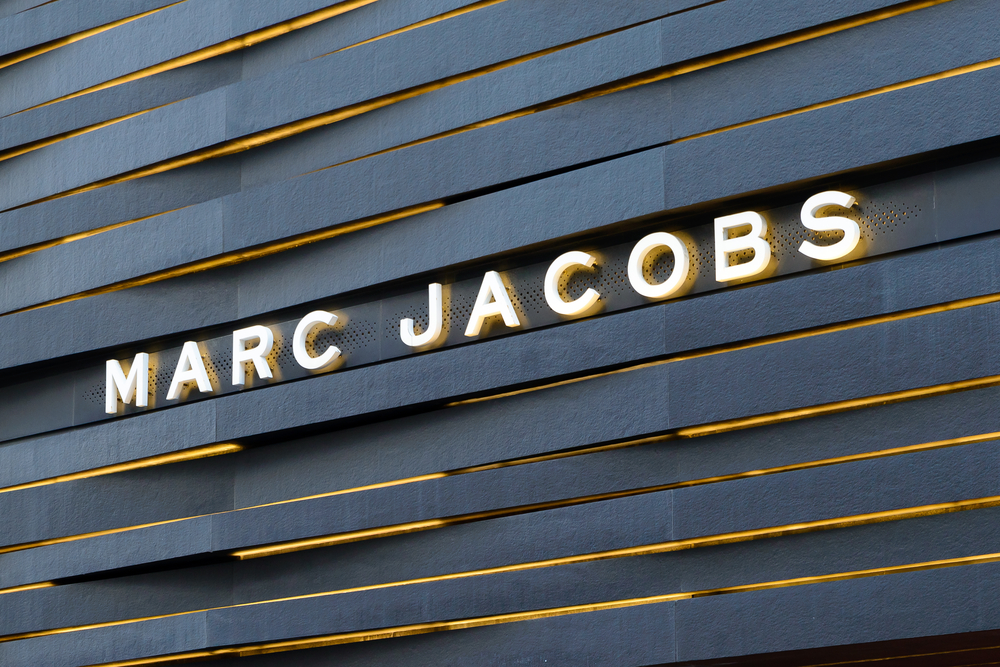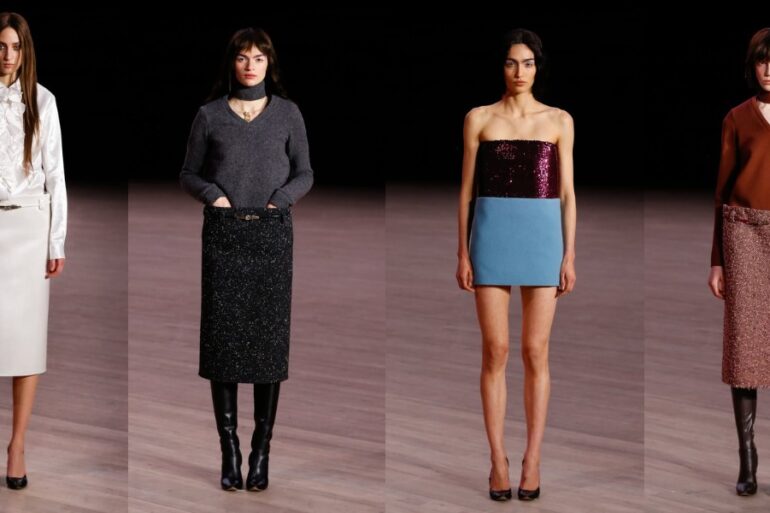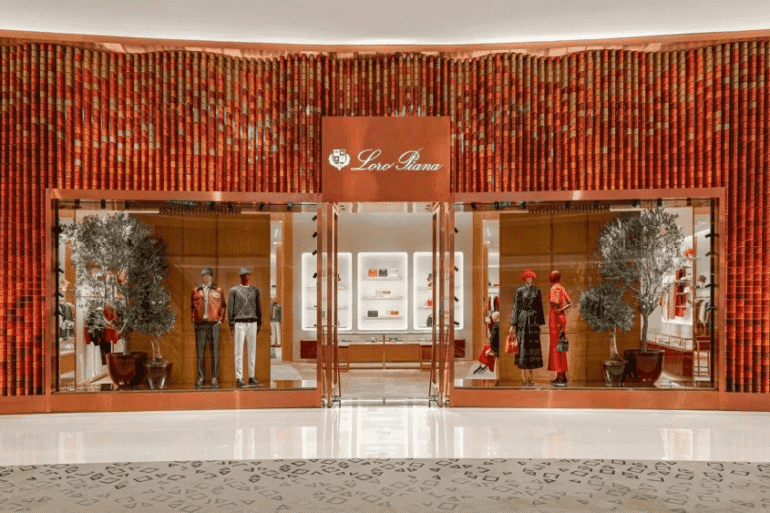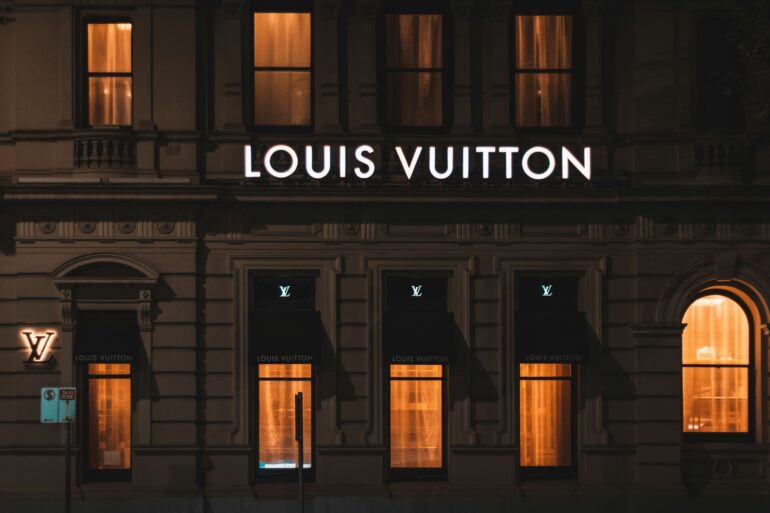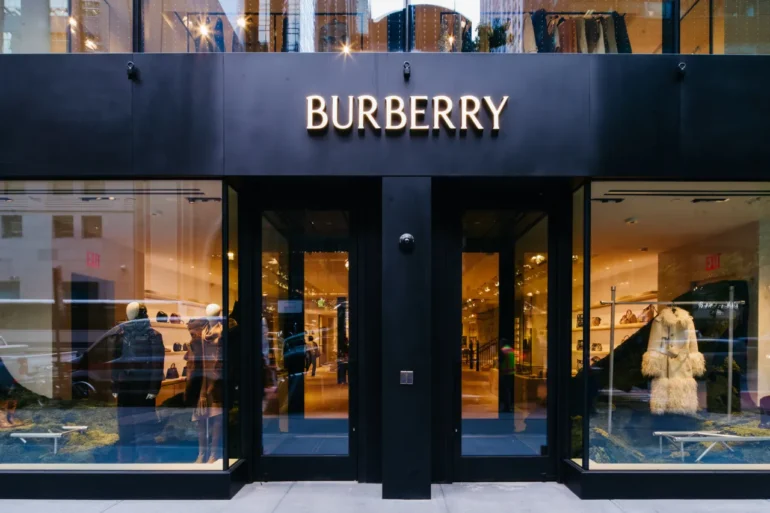This could be the third time LVMH is offloading a brand since 2024.
Luxury brands remain resilient, but there’s no denying that the industry has been struggling to cope with a major slowdown—its biggest one in the last 15 years, to be exact. Among those bearing the brunt is luxury leader LVMH, which is in talks to sell its iconic label Marc Jacobs for an estimated $1 billion.
The Paris-based conglomerate has opened discussions with multiple buyers, as it has been facing slow demand amid the global luxury downturn. People familiar with the matter told The Wall Street Journal that LVMH approached Reebok owner Authentic Brands Group and WHP Global, which owns Vera Wang. Bluestar Alliance, which recently acquired the group’s Off-White label, is also in talks for the sale of Marc Jacobs.
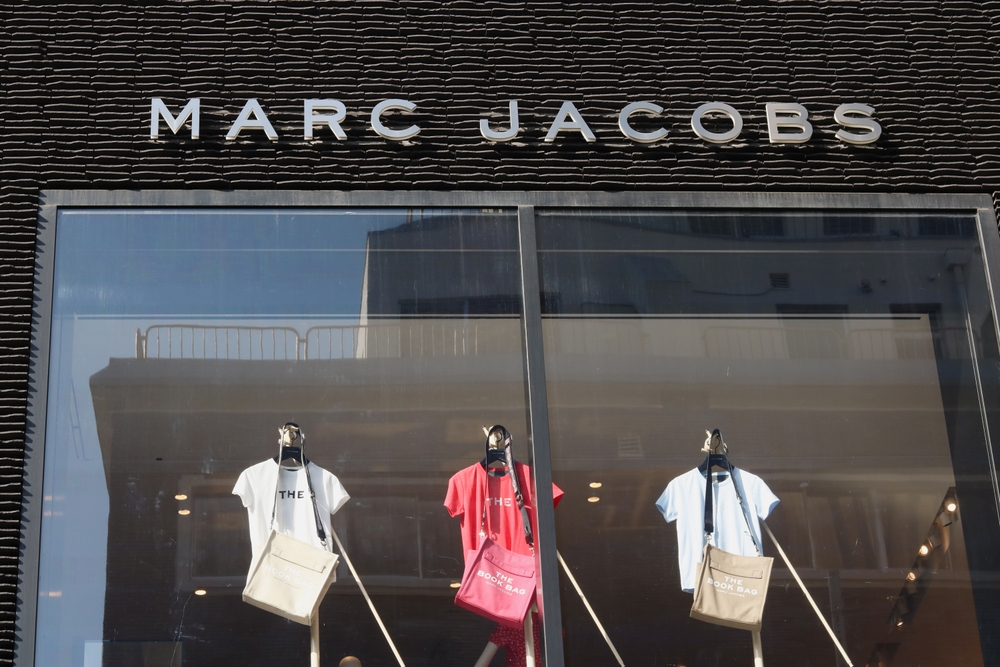


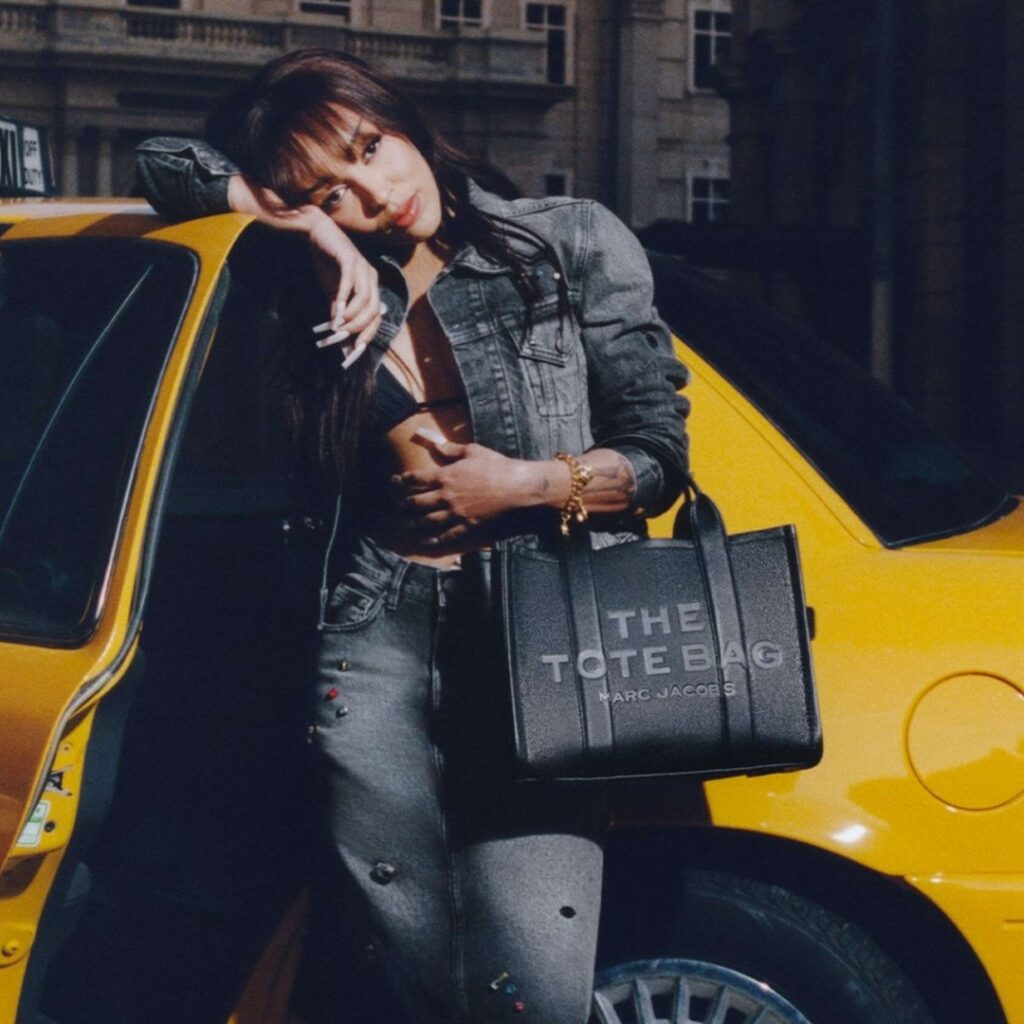


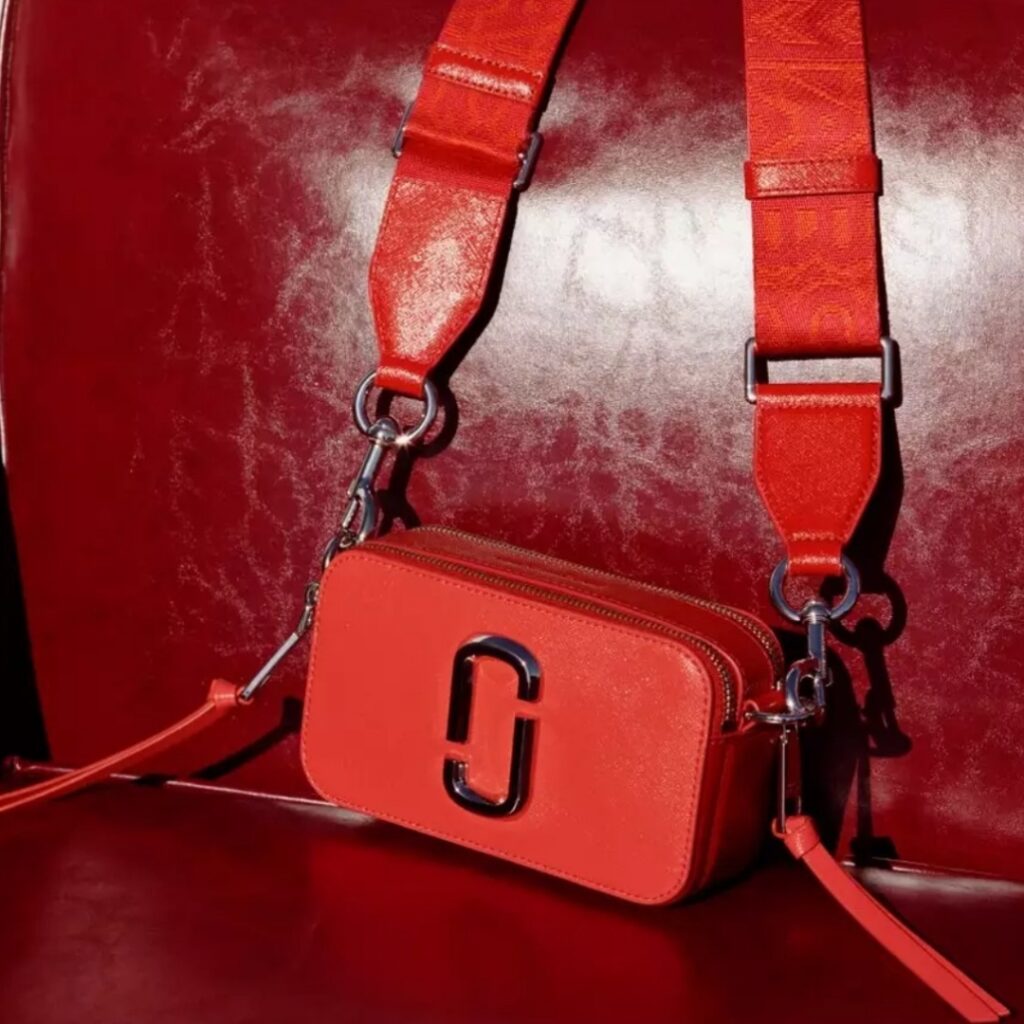


LVMH, which owns Louis Vuitton, Dior, and Givenchy, has seen its share price decline by 19% in 2024, according to Financial Times. It continued through 2025, with the group registering a 3% decrease in sales in Q1 and missing its revenue forecast. The fashion group’s second quarter sales likewise fell 4% to $21.1 billion.
A known serial acquirer, LVMH is open to offloading brands that, according to finance chief Cécile Cabanis, do not fit its portfolio. “We will not keep brands if we believe they are not a good add-on, or we are not the right operator to operate them,” Cabanis said in last Thursday’s earnings call.
Related story: ‘Louis Vuitton: Visionary Journeys’ promises a visual spectacle in Osaka
Related tory: Look out, Labubu. Louis Vuitton now has bag charms worth over P70k
Related story: Marc Jacobs’ latest runway collection features 19 looks in five minutes
LVMH’s last major deal is its acquisition of US jeweller Tiffany & Co. for $16.2 billion in 2021. Five years prior, in 2016, the Bernard Arnault-led conglomerate sold DKNY’s parent company, Donna Karan International, for $650 million to G-III Apparel Group.
In 2024, it sold Off-White to Bluestar Alliance for an undisclosed value, according to Reuters. Earlier in 2025, English fashion designer Stella McCartney repurchased LVMH’s minor share in her eponymous brand, which the group purchased five years after its inception in 2001.



American designer Marc Jacobs, meanwhile, founded his namesake label in 1984 and grew it into a fashion powerhouse widely celebrated for its bold design and iconic pieces, including the Snapshot crossbody and the famed Tote bag. In 1997, LVMH appointed Jacobs as Louis Vuitton’s creative director—a position he held for 16 long years—and acquired a stake in his brand.
No closing date has been set for its sale, but it could be finalized soon, according to Wall Street Journal. If successful, the brand’s turnover comes only months after Prada acquired Versace from Capri Holdings in a $1.4 billion deal. Both sales are indications of how the luxury sector has been striving to keep itself afloat in prolonged challenges in the market.
As The POST previously reported, the world’s biggest fashion labels have been in turmoil for well over a year and counting. Among the issues posing a grave threat to their growth are economic uncertainy, consumer behavior shifts, rise in counterfeits, and the growth of second-hand market, according to a 2024 report by McKinsey & Comp.
Related story: Why luxury brands are losing their luster in 2025
Related story: Hermès surpasses LVMH as world’s most valuable luxury company
Related story: Pharrell Williams’ Louis Vuitton Buttersoft sneaker is your next favorite shoe
Related story: Prada buys Versace for $1.4 billion, uniting Italy’s biggest brands in one house

